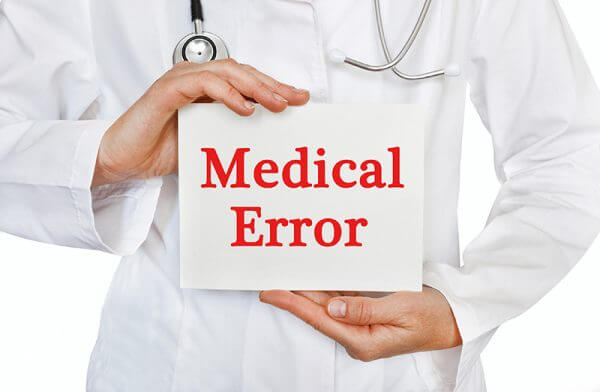One recent high-profile case in Chilton County highlights the dangers of medication errors in nursing homes – and the amount of damage that can result when those errors are not appropriately handled by care providers.
Katherine Blevins Lenoir of Maplesville, AL was employed as a licensed practical nurse at Hatley Healthcare and Rehabilitation in Clanton when she incorrectly administered a medication to a resident of the facility. Instead of the cough medicine the resident needed, she gave a large dose of a narcotic pain medication.
According to statements released by the Alabama Attorney General’s office, Lenoir failed to follow protocol and alert the facility to her mistake. Instead, she falsified treatment records to make it appear as though she had administered the right medication.
A nurse working on a later shift discovered the patient suffering from an overdose of the narcotic medication. The patient nearly died of the overdose and spent several days in intensive care before being released.
In March of this year, Lenoir pleaded guilty to one count of reckless abuse of a protected person.
Medication Errors Can Cause Severe Injury
Medication errors can be particularly dangerous because, in addition to the effects of the medication itself, patients are left to deal with the underlying medical condition for which they needed medication in the first place. A patient who receives the wrong medication not only suffers the side effects of the drug he or she is given but also the symptoms of a disease or injury that goes untreated.
Also, patients in nursing homes are often on multiple medications which need to be closely monitored for dangerous interactions. If a patient is given an incorrect medication, it may interact with the patient’s other medications in unpredictable ways. Our attorneys have seen many cases in which a seemingly minor medication error led to serious health issues or even death.
Failure To Appropriately Handle Errors Constitutes Negligence
Legal cases involving nursing home abuse and neglect center on the legal concept of a “duty of care.” Staff at a nursing home or assisted living facility have a legal responsibility to provide a certain level of care for their residents, which includes-among many other tasks-safely administering medications as prescribed. When a nursing home employee fails to meet that duty of care and administers an incorrect medication, he or she is said to have been negligent.
While some mistakes are inevitable in a setting as complex as a medical facility, care providers also have a responsibility to respond to those errors appropriately. In Lenoir’s case, much of the damage could have been prevented if she had immediately reported the medication error to her supervisor and the facility had been able to seek medical attention right away. Instead, she left the patient to suffer the full effects of an overdose for several hours.
Because of the complexity of cases involving medication errors, our investigation needs to be particularly detailed. Nursing homes are required to document medications appropriately, and our attorneys will pore over those documents to find evidence showing that the error occurred. If any documents have been manipulated or altered, that may indicate that an error took place.
We also look at the facility’s hiring and supervision practices to see whether the injury was caused by the actions of supervisory staff, who may have hired an unqualified employee, failed to provide appropriate training, failed to adequately supervise medication administration or neglected to put appropriate protocols in place to deal with medication errors. Sometimes, it is useful to compare the negligent facility’s policies to those used at other, comparable facilities to expose flaws in their system.
Residents in nursing homes are among the most vulnerable people in our society, and the people entrusted with their care need to have proper training, follow protocols and administer medications safely. Holding negligent care providers accountable through legal action not only recovers financial compensation for families harmed by their actions, but also contributes to creating a safer environment for elderly and disabled people in the future.


